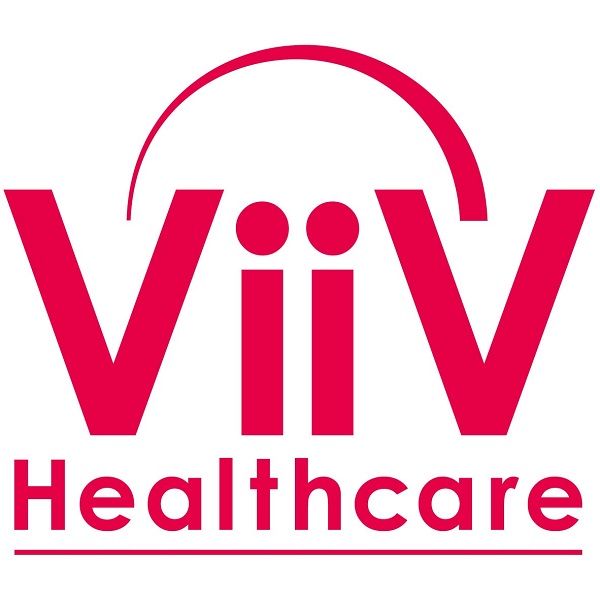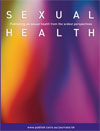Volume 20
Number 3 2023
Special Issue
Global evidence, impact and implementation of U=U
SHv20n3tocTable of Contents
This Special Issue brings together the most recent body of evidence supporting the concept of Undetectable equals Untransmittable (U=U). The included manuscripts explore the scientific foundations and origins of U=U, highlight the advantages of U=U, examine its implementation in specific groups of people, advocate for U=U, and present case studies from different countries.
This article reviews the evolution of science and global policy around the use of antiretroviral therapy as an HIV prevention tool and reasserts the evidence around there being no chance of sexual transmission when an individual has an undetectable viral load. It calls for positive and clear messaging to highlight that the consistent use of ART prevents onward HIV transmission.
Undetectable=Untransmittable (U=U) first emerged in 2016 to promote the fact that PLHIV on effective treatment cannot pass on the virus sexually. This scoping review provides a synopsis on the science of U=U, how the Prevention Access Campaign and civil society partners turned U=U into a game-changer within the HIV/AIDS response, and recent developments on U=U within the domestic and multilateral spheres. Recommendations are offered on how HIV/AIDS multi-stakeholders can further integrate, implement, and strategically utilise U=U as a global HIV/AIDS equity policy priority.
In this paper, we explore how both detectable and undetectable viral loads are experienced by people who have recently received an HIV diagnosis. We demonstrate that for some people living with HIV, the period in which their viral load presents unique challenges may be marked by feelings of ill health and concerns about HIV transmission to sexual partners.
We analysed the impact of increased ART during the early initiation and treatment-as-prevention era on HIV epidemiology and healthcare costs in Australia. Using a retrospective modelling analysis over the 2009–2019 period, we calculated the potential impact of increased ART use on HIV among gay and bisexual men (GBM). Increasing the proportion of Australian GBM on effective ART during 2009–2019 likely resulted in substantial reductions in new HIV infections and cost savings.
Since 2016, the global ‘Undetectable=Untransmittable’ (U=U) campaign has promoted awareness that a person living with HIV who has an undetectable viral load cannot transmit HIV to their sexual partners. We surveyed gay and bisexual men about their familiarity with, perceived accuracy of, and willingness to rely on U=U. Familiarity and perceived accuracy were concentrated among participants living with HIV and PrEP users. Familiarity was associated with perceived accuracy and willingness to rely upon U=U, reaffirming the benefits of community-level U=U health education.
We conducted three rounds of interviews with gay, bisexual, and queer men who had experience using PrEP (2020–22). Participants described how U=U informed sexual decision-making: (1) U=U confidence (increasing trust in U=U); (2) PrEP confidence (accounts of self-reliance and PrEP as sufficient HIV protection); (3) combination confidence (trusting U=U and PrEP as a package); and (4) partner confidence (uncertainties about medication adherence). Although many men embraced U=U as significant to their sexual lives, longitudinal analysis revealed its varied and uneven adoption across time.
In spite of the revolutionary science of U=U, women living with HIV still experience HIV stigma impacting access to appropriate treatment, care and support. The short film ‘HIV Made Me Fabulous’ utilises embodied storytelling to induce emotional and physical responses in viewers to promote compassion, support a greater understanding of the unique challenges that women experience, and spur a motivation to address HIV stigma at multiple levels. This study demonstrates the value of art for social change to generate empathy, raise awareness about U=U and reduce stigma for both people living with HIV and the wider community.
The message that having an undetectable HIV viral load equals untransmissible (U=U) is important to reduce HIV stigma. It is unclear whether general practitioners (GPs) discuss U=U with their clients and what are the factors associated with this. We found that one in four GPs were neutral or disagreed with U=U, and U=U agreement was associated with greater odds of discussing U=U. Increasing health professionals’ confidence in U=U could help more clients become aware of and comfortable with U=U.
Undetectable=Untransmittable (U=U) can be successfully humanised and demedicalised in Thailand for efficient communication and implementation. At an individual and relationship level, U=U can be used to delve into and address one’s stigmatising attitudes toward HIV and other personal attributes of a person living with or at risk of exposure to HIV, including those related to intimacy, sex, and sexual pleasure. At a community level, U=U can tackle stigma and discriminatory practices beyond the healthcare setting. At a policy level, endorsement of U=U will enhance multidisciplinary coordination among the country’s leaderships towards the goal of ending AIDS.
Despite the unprecedented progress in the global response to HIV and AIDS, social marginalisation, economic inequality, and other structural factors continue to fuel the HIV and AIDS epidemic, with Indigenous Peoples being particularly prejudiced, to a greater extent than mainstream society. A combination of factors continues to place Indigenous Peoples at significantly increased risk of HIV infection. The successful campaign of ‘Undetectable = Untransmittable’ (U=U) has changed the lives and worlds of people living with HIV.
There has been a 26% decline in new HIV infections in Nigeria in the past decade. New HIV infections continue to occur mainly in key populations, adolescent girls and young women. This paper provides justification on why a sustained focus on U=U campaigns in Nigeria will ‘make programmatic sense’ and contribute to the successes of the Nigerian HIV program, improving the possibility of HIV epidemic control and attaining equitable health outcomes for all sub populations in Nigeria.
Adolescents living with HIV are missing out on information about the implications of viral suppression, including vital knowledge about U=U. We argue that the provision of this information, in a developmentally tailored way, could transform adolescents’ understanding of living with HIV, incentivise optimal treatment engagement and support and sustain their positive mental health. Rather than being protective, rationing access to information on U=U only increases adolescents’ vulnerability and risk to poor HIV and mental health outcomes.
There is now widespread consensus that by reducing HIV viral load to undetectable levels, HIV treatment also eliminates the risk of HIV sexual transmission. However, people living with HIV continue to experience stigma and sexual rejection. It is time for those who are HIV-negative to also take on some of the burden in challenging HIV-related stigma.





